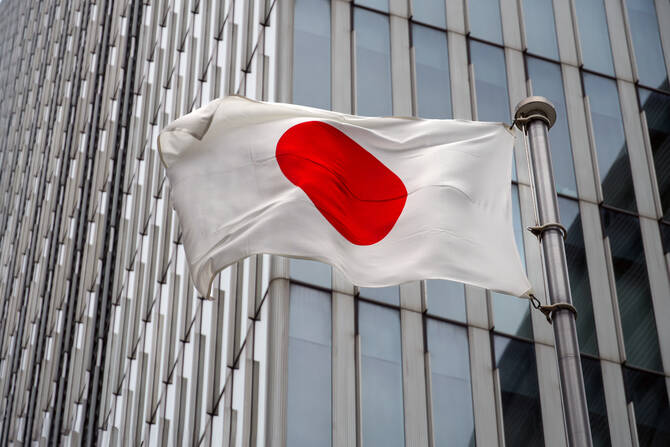
- ARAB NEWS
- 18 Aug 2025

RIYADH: The Gulf Cooperation Council and Japan have launched the second round of negotiations for a free trade agreement, with discussions focusing on enhancing economic cooperation between the two sides.
Held in Tokyo from June 30 to July 4, the talks aim to lay the groundwork for a comprehensive FTA that would grant Gulf goods and services preferential access to the Japanese market through tariff reductions, simplified customs procedures, and regulatory streamlining.
This follows the first round of negotiations in December, during which both parties discussed cooperation in goods, services, e-commerce, investment, and economic evaluation.
“The second round of negotiations will address a number of topics across various areas, including goods, sanitary and phytosanitary measures, technical barriers to trade, services provisions, financial services, telecommunications services, the movement of natural persons, intellectual property, dispute settlement, general provisions of the agreement, rules of origin, and trade facilitation.” the SPA report stated.
Saudi Arabia, represented by the General Authority for Foreign Trade and led by Deputy Governor for International Organizations and Agreements Fareed Al-Asaly is participating in the talks, it added.
The Saudi delegation includes representatives from the Ministries of Energy, Investment, Environment, Water and Agriculture, along with officials from the Saudi Food and Drug Authority, the Saudi Central Bank, and the Zakat, Tax and Customs Authority.
An FTA represents a legally binding agreement between countries designed to reduce or eliminate barriers to trade.
The second round aims to finalize proposed texts and identify key areas of cooperation, paving the way for a comprehensive agreement.
According to the Japan External Trade Organization, GCC exports to Japan reached $84 billion in 2024, down from $93 billion the previous year due to a drop in oil prices. Meanwhile, Japanese exports to the GCC rose to $24 billion last year from $22 billion in 2023.
The GCC currently has an FTA with the European Free Trade Association, which includes Iceland, Liechtenstein, Norway, and Switzerland.
The bloc also concluded an FTA with New Zealand in October, while negotiations are ongoing with countries including Australia, Malaysia, Turkiye, and the UK.
Japan currently has FTAs with several countries, including Singapore, Mexico, and Malaysia, as well as Chile, Thailand, Indonesia, and Brunei.
Other major nations that have FTAs with the East Asian country include Switzerland, Vietnam, India, the UK, and the US.